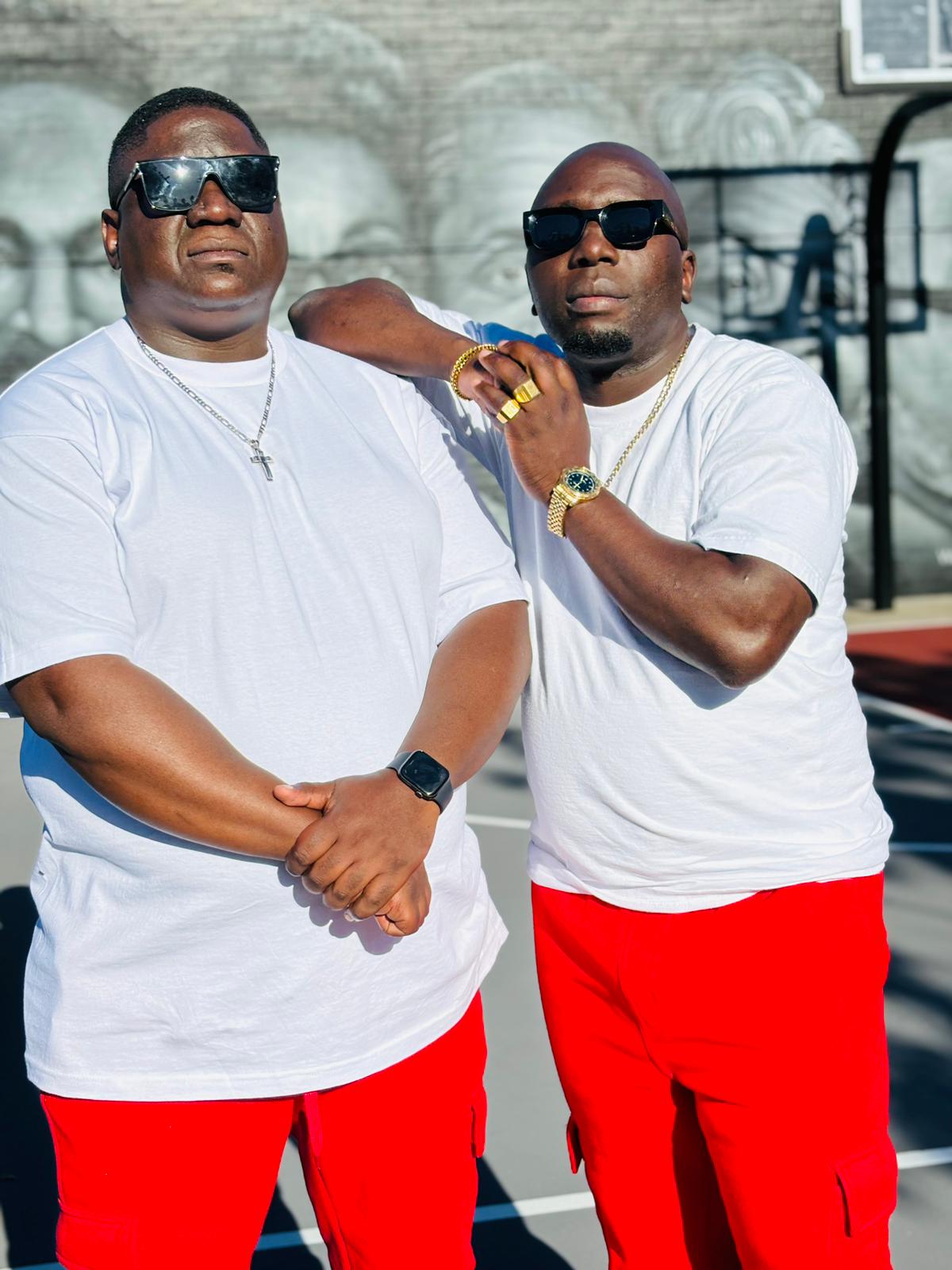Ever tried writing lyrics to a song? It’s not a lazy walk in the park. Lots of time, you have to wrack your brain for days on end.
It can be easier, if you are in Genge – or, Urbantone – for their audiences hardly give a thought to the lyrics.

Gospel artists have a bigger task. Getting it right means much more than simply reading a part of the Bible that has some impression and starting a melody that fits to the words on your guitar. You need a message that counts.
Besides, you need to make it interesting to grab an audience.
Msanii Foreman is an US-based Kenyan gospel artist and philanthropist. He has an impressive tally of gospel hits under his belt, landmark collabo’s with iconic artists in the industry and an insatiable Kenyan’isque appetite for growth.
Through his music Foreman has increasingly portrayed himself first as an evangelist with a message.
Secondly, with his characteristic energetic stage performances, choreographed video routines and contemporary style – Foreman has also cemented a reputation as a gospel entertainer.
There is a lot of flair and contagious energy in his productions – the kind that will have the congregation (and, party crowds) going nuts with dance!
The video to Foreman’s latest release ‘Kua Tayari’ produced by Sean On The Beat, has caused waves across various genres.
He has featured Moabi Kutu in the banger – the iconic US-based recording artist from Soweto, South Africa. As an individual artist, Kutu’s music is rooted in African rhythms, tonality and spirituality.

In the ‘Kua Tayari’ collabo, Msanii Foreman and Moabi Kutu have exploited an effortless chemistry to deliver a feel-good, spiritually-uplifting and entertaining sound. The track has enchanting elements of Afro-pop, Lingala and World Music.
The ‘Kua Tayari’ video is especially addictive to watch. No budgets were spared in the dance choreography, costumes and routines. The video directed and shot by Abudja of Ona Tena Media goes all out on cinematography – lighting, scope and all – to deliver the danceable bits of the track.
It is a video that would easily take over Dance Challenge contests on TikTok and other consumer platforms.
If anyone asks, say that ‘Kua Tayari’ by Msanii Foreman featuring Moabi Kutu definitely ranks high on my favorite Gospel tunes. It packs a lot of potential.
Here’s a link to the video. Check it out, share to your gang and hear their opinions.











